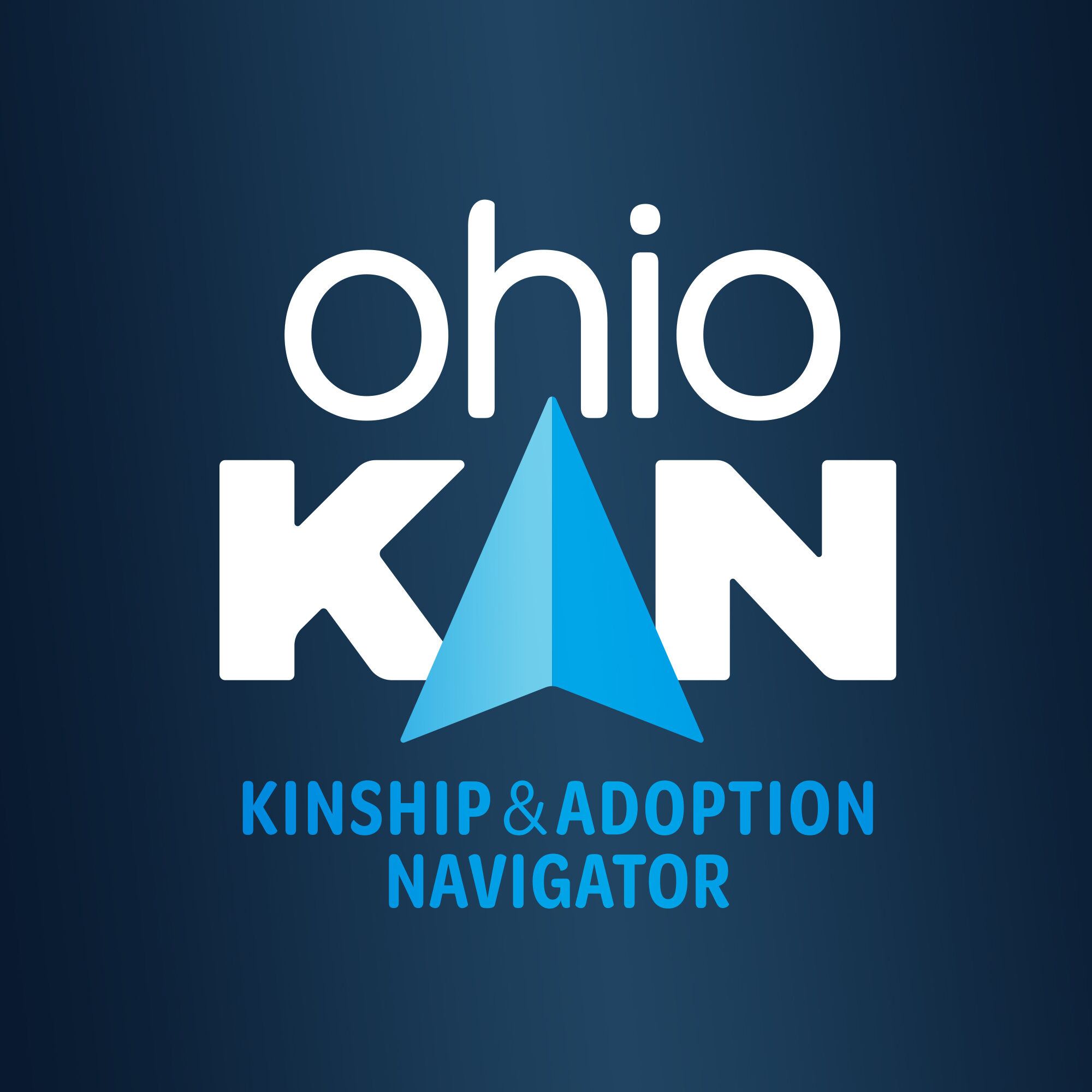
ABOUT THE AUTHOR
OhioKAN Staff
OhioKAN Staff Member
OhioKAN is a flexible and responsive kinship and adoption navigator program designed to support children, youth and their families.
In Ohio, many children are cared for by relatives or close family friends in kinship care arrangements, providing them with stability and familiarity during challenging times. Kinship caregivers—often grandparents, aunts, uncles, or close family friends—step in to ensure the well-being of children when their parents are unable to do so. While kinship care offers numerous benefits, it also presents unique challenges, particularly when navigating the healthcare system. A strong relationship between kinship caregivers and healthcare professionals is essential for ensuring that these children receive the medical care and support they need.
The Importance of Kinship Care in Ohio
Kinship care plays a vital role in maintaining family connections and providing a sense of continuity for children who might otherwise experience significant disruption in their lives. Children in kinship care often benefit from being raised in a familiar environment, surrounded by people who love and care for them. However, kinship caregivers may face obstacles when accessing healthcare services, making it crucial to establish a solid relationship with healthcare providers.
Building Trust Between Kinship Caregivers and Healthcare Providers
A positive, trusting relationship between kinship caregivers and healthcare providers is key to the child’s well-being. This relationship can help overcome challenges such as accessing medical records, understanding treatment plans, and navigating complex healthcare systems.
- Clear and Compassionate Communication: Effective communication is the foundation of any strong relationship. Healthcare providers should engage with kinship caregivers in a clear and compassionate manner, recognizing that caregivers may have assumed their role unexpectedly and might lack complete information. It’s important to ensure that caregivers fully understand medical advice, treatment plans, and the importance of follow-up care to support the child’s health.
- Understanding the Unique Needs of Kinship Families: Kinship caregivers often face unique circumstances, such as not having legal custody or limited access to a child’s medical history. Healthcare providers should approach these situations with empathy and flexibility, adapting their care to meet the needs of kinship families. Recognizing the emotional stress that both the caregiver and the child may be experiencing can lead to more supportive and effective care.
- Collaborative Care Planning: Collaboration between healthcare providers and kinship caregivers is essential for creating and implementing effective care plans. Providers should actively involve caregivers in discussions about the child’s health, ensuring they feel supported and empowered to make informed decisions. This collaborative approach helps ensure that the child’s healthcare needs are met in a manner that aligns with the family’s circumstances and resources.
- Access to Resources and Support: Healthcare providers can play a crucial role in connecting kinship caregivers with additional resources and support. Whether it’s information about local support groups, access to mental health services, or guidance on navigating insurance issues, providing caregivers with these resources can significantly ease their burden. Programs like OhioKAN and other local organizations offer invaluable assistance to kinship families, helping them access the care and support they need.
Building a strong relationship between kinship caregivers and healthcare professionals requires ongoing effort from both sides. Healthcare providers must be proactive in reaching out to kinship caregivers, offering support, and tailoring care to meet the unique needs of kinship families. Likewise, kinship caregivers should feel empowered to ask questions, seek clarification, and advocate for the child’s health needs.
This partnership is essential to ensuring that children in kinship care receive the comprehensive healthcare they need to thrive. By working together, kinship caregivers and healthcare professionals can create a supportive and effective healthcare environment that prioritizes the well-being of these children. Strong partnerships between kinship caregivers and healthcare providers are essential to providing the best possible care for every child in kinship care.


















